Keywords: Gay Relationships
-
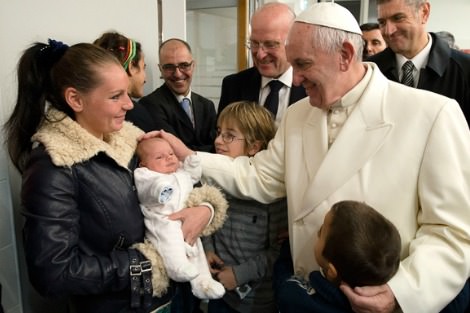
RELIGION
- Andrew Hamilton
- 12 April 2016
10 Comments
By the standards of papal documents Amoris Laetitia is a baggy elephant. Many in the developed world hoped the document would break new ground in allowing communion to the divorced and adopting new attitudes to gay marriage and gender issues. They will be disappointed that it works within traditional definitions of marriage, gender and discipline. But Francis' insistence on going out to people where they are with full respect for who they are demands an even more radical change of heart.
READ MORE 
-
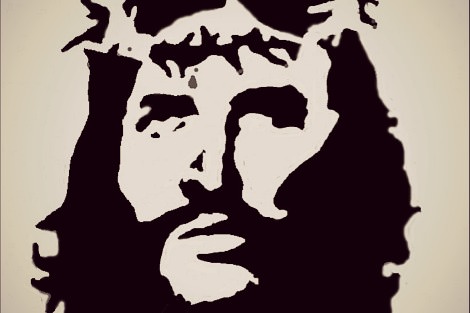
RELIGION
- Andrew Hamilton
- 25 February 2016
23 Comments
Liberation theology was once caricatured as Marxism with a Christian tinge, or the Bible plus Kalashnikov. In fact, thinkers identified with the movement were involved in a serious theological exploration. In public conversation in Australia the theological questions ut it raised are of marginal significance. But secular variants abound in which society is analysed in terms of the discrimination suffered by various minority groups at the hands of the majority or of those with power.
READ MORE 
-
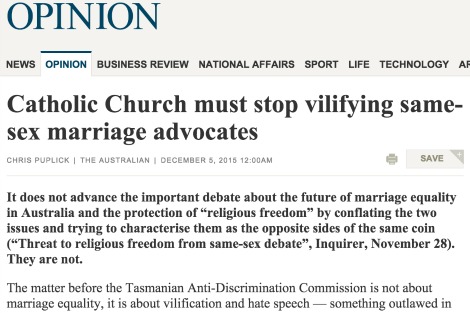
RELIGION
- Frank Brennan
- 11 December 2015
39 Comments
Chris Puplick, a former senator and former president of the NSW Anti-Discrimination Board, is one of a rising chorus expressing strong objections to the Australian Catholic bishops daring to evangelise and speak publicly about their views on same sex marriage. I too would be very upset if my bishops were saying, as Puplick claimed in an opinion piece in The Australian, that homosexuals are 'seriously depraved, intrinsically disordered, less than whole and messing with kids'. But they're not.
READ MORE 
-

AUSTRALIA
- Frank Brennan
- 10 December 2015
I first met this Tony on my regular visits here to Darwin when he was working at the North Australian Aboriginal Legal Aid Service and then when he set up the mediation services under the auspices of Anglicare. In later years I knew him when he was your Anti-Discrimination Commissioner. He was a quiet, considered, gentle, strong and principled man. On Human Rights Day, it is only fitting that I honour Tony by offering some reflections on the architecture for human rights in Australia, on the contemporary human rights controversies, and on the way forward for better protection of the human rights of Aborigines and asylum seekers, two marginalised groups who had a special claim on Tony's sympathies.
READ MORE
-

AUSTRALIA
- Andrew Hamilton
- 05 November 2015
10 Comments
What are spectators to make of Adam Goodes' challenge to racial prejudice? What are they to make of David Pocock's outspoken defence of the environment and criticism of coal mining, or of his and his partner's refusal to marry in solidarity with LBGT couples? They make space for us to reflect on our own response to large human questions. But that space also invites us to judge our own integrity. The opprobrium such role models meet may arise out of discomfort with unwelcome self-questioning.
READ MORE 
-

MEDIA
- Jeff Sparrow
- 26 August 2015
15 Comments
The media has greeted the infidelity website leak with unabashed glee. We could instead ask why so many ordinary people are seemingly so discontented with their marriages, and what might be done to alleviate the wretchedness both of those who cheat and those who don't.
READ MORE 
-

AUSTRALIA
- Frank Brennan
- 12 August 2015
142 Comments
I readily accept that the Commonwealth Parliament will legislate for same sex marriage in the foreseeable future. When Parliament does, I will be fully accepting of that decision. If asked by politicians how they should exercise their conscience vote, there is no way that I would say that they should not support civil recognition of same sex marriage. But neither would I say that they must support it NOW. If I were a member of parliament, I would want four assurances before I voted for same sex marriage.
READ MORE 
-

AUSTRALIA
- Andrew Hamilton
- 04 June 2015
60 Comments
The Vatican Secretary of State's post-Irish referendum comment refers to the Church's understanding of the privilege given by society to lasting heterosexual marriage reflecting the social good of the institution. But the heaviest defeats for humanity come from government policies that focus on the individual, ignore the needs of those raising children, and penalise the disadvantaged.
READ MORE 
-

- Garry Eastman
- 09 April 2015
26 Comments
I looked down at the two coffins resting at the edge of the sanctuary and shed a tear for the tragic loss of two great friends. I shed another tear also to see such public recognition of the love these two young men had for each other, to see that it was embraced by the public face of the Church which said clearly, 'Who are we to judge, they are our brothers.'
READ MORE
-
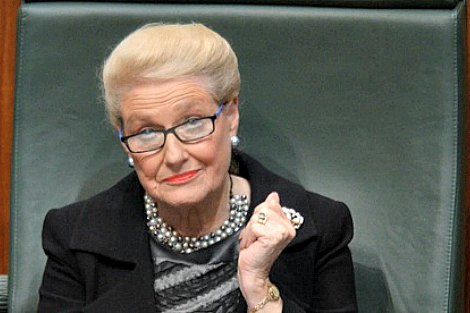
AUSTRALIA
- Frank Brennan
- 09 December 2014
27 Comments
What a dreadful year it has been for parliamentary democracy. Speaker Bronwyn Bishop has taken pride in the number of members she has ejected. Senator David Leyonhjelm has introduced his same sex marriage bill in an orderly fashion, but the decision will rest with the Abbott Government, which won't want to to hand the bouquet for breaking the logjam to Leyonhjelm. To get arrangements for the bearing and nurturing of children right, we need our parliament to be a more considered and dignified place than a battlefield.
READ MORE 
-
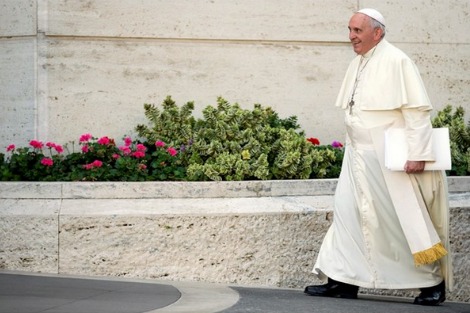
AUSTRALIA
- Andrew Hamilton
- 22 October 2014
15 Comments
The Synod was reported in some media as a defeat for Pope Francis at the hands of conservative bishops. Yet for one who had suffered a defeat, the Pope seemed remarkably buoyant at the end of the event. It's likely that he saw it as a victory for his vision of church governance, as it allowed participants to engage in open discussion in which nothing was put off bounds.
READ MORE 
-
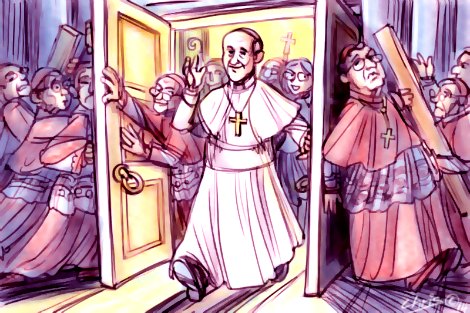
RELIGION
- Neil Ormerod
- 20 October 2014
31 Comments
Conservative elements were quick to criticise the interim 'relatio' of the Synod that opened the door to gay and other estranged Catholics. Undoubtedly there will be pushback, but the Catholic Church is going through something not experienced since Vatican II – a Church willing to debate topics once felt long settled, without fear or favour.
READ MORE 